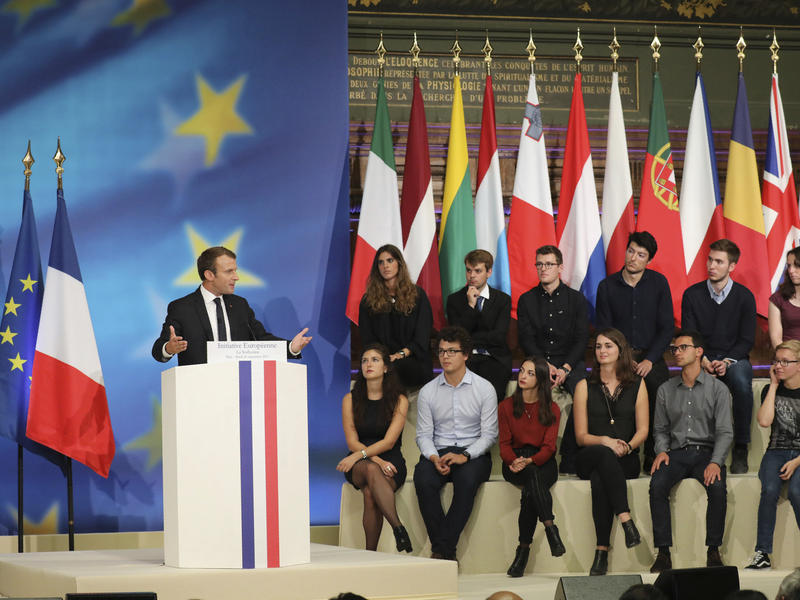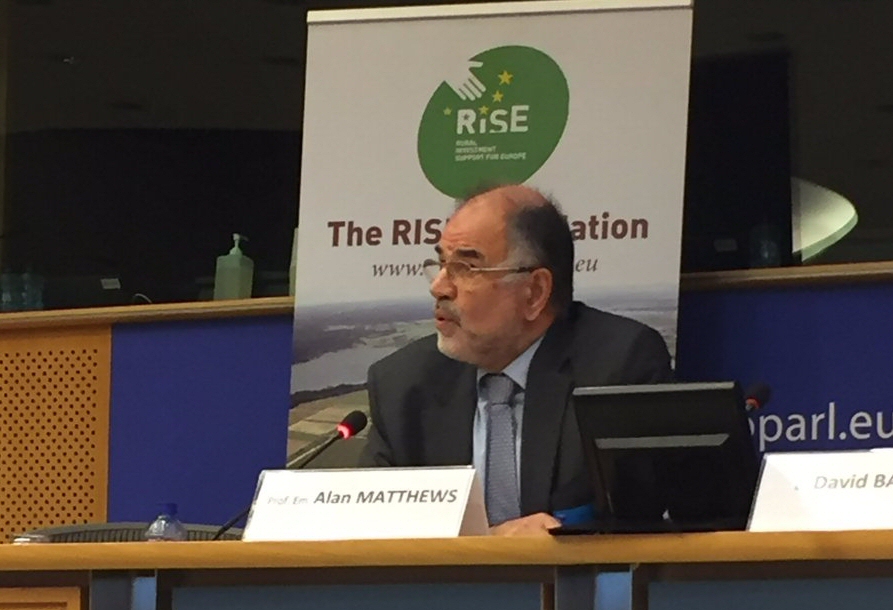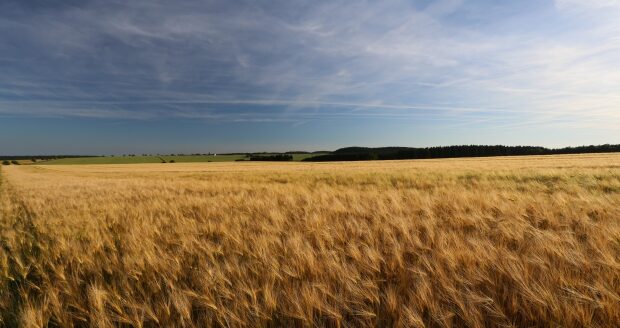I was pleased to be invited to give a talk at the EIT Food conference on the future of food last Thursday where the organisers had given me the very ambitious title at the head of this post. I reproduce below the talk as I presented it, with one small modification. The great advantage of attending a conference of this kind is that one is alerted to new perspectives and new angles and, in the light of listening to some of the other excellent contributions to the conference, I slightly nuanced one of my conclusions below (I note the specific change at the end of this post).… Read the rest
Conversation with a chatbot on the Common Agricultural Policy
Artificial intelligence (AI) has been described as the fourth industrial revolution, following the invention of the steam engine, electric power, and the internet. AI tools can rapidly synthesize large amounts of data and detect patterns. AI tools are increasingly used in business but also in the provision of public services in activities such as risk profiling, the delivery of medical care, and traffic management.
There is growing interest in the interface between AI and public policy. This is a relationship that works both ways. On the one hand, there are concerns about how best to regulate the use of AI in society.… Read the rest
Macron's views on the Common Agricultural Policy
President Emmanuel Macron laid out his vision for Europe in a major speech at the Sorbonne yesterday. This speech was billed as an Initiative for Europe and set out the President’s ambitions in a range of areas – defence, counter-intelligence, asylum and migration policy, an external policy focused on Africa and the Mediterranean, a sustainable development agenda (including ideas for a more flexible CAP), addressing the challenges of the digital economy, reforms of the eurozone, and institutional reform. He proposed that each Member State that signs up to this agenda (recognising that not all will want to) should organise a citizen’s dialogue in the coming months with a view to feeding into a new “group for overhauling Europe” which would be tasked to produce a report by Summer 2018 on measures to implement these ambitions.… Read the rest
Why further reform of the CAP is needed now
Yesterday I took part in a meeting at the European Parliament under the heading “CAP – Out of the box thinking‘ jointly organised by the RISE Foundation and the European Landowners’ Association. The event was part of the preparation for a report by the RISE Foundation under the leadership of Professor Allan Buckwell aiming to provide ideas for the CAP post 2020. My contribution was to argue that further reform of the CAP is needed now. Below is a slightly edited transcript of my remarks.
… Read the restReform of the Common Agricultural Policy has been ongoing since the seminal McSharry reforms in 1992.
Why the poor EU response to higher grain prices?
Since 2007/08, the world has lived with substantially higher, if fluctuating, prices for grains following the global food price spike that began in 2007. Economists would predict that higher prices would lead to a global supply response. Indeed, global cereals production has increased by over 500 million tonnes in 2013 compared to 2006 production of just over 2 billion tonnes (FAOSTAT statistics are used throughout this post, and cereals production is measured inclusive of the volume of milled rice). This corresponds to an increase of 25% over this period, or a compound annual growth rate of 3.3% per annum which is impressive.… Read the rest
Trends in EU agricultural self-sufficiency
Worries and concerns about food security, real or imagined, have figured prominently in the debate on EU agricultural policy since the Commission launched its consultation document on the recent CAP reform in 2010, stimulated by the price spike on global food markets in the years 2007-08. This week, at the informal Farm Council in Milan on Tuesday 30 September under the Italian Presidency, agricultural ministers will discuss how EU agriculture can contribute to the food security challenge.
One of the issues that constantly pops up in this debate is the importance of food self-sufficiency as a guarantor of food security. Food self-sufficiency is defined as the proportion of domestic consumption met from domestic production.… Read the rest
WTO failure on trade facilitation agreement puts question mark over Doha timeline
On Thursday this week, the WTO Director-General Robert Azevêdo admitted to failure in concluding the negotiations to adopt the Protocol of Amendment on the Trade Facilitation Agreement (TFA) by 31 July as had been agreed by Ministers at the WTO Ministerial Conference in Bali last December. The Protocol of Amendment was intended to start the process to formally insert the trade facilitation deal into the overall WTO Agreement.
The TFA was part of a carefully-balanced package at Bali designed to get substantive negotiations on the Doha Round again underway. In addition to a series of decisions and declarations on trade facilitation, agriculture, cotton, development and least developed country (LDC) issues, the Ministerial Conference had set a deadline of the end of 2014 for the Trade Negotiations Committee to develop a clearly-defined work programme on the remaining Doha Round issues.… Read the rest
Eurobarometer food security survey
What are we to make of the findings in the latest Eurobarometer survey of EU public opinion on Europeans’ attitudes to their own food security? (The survey also covered attitudes to global food security, food quality and the countryside).
On the one hand, only two out of five (43%) respondents are concerned about food security in their own country, while more than half (56%) are either not very concerned or not at all concerned. Only two out of five (40%) respondents are concerned about food security at EU level, while more than half (57%) are either not very concerned or not at all concerned.… Read the rest
DG Agri study: Don’t be afraid of liberalization
Farm interests routinely threaten that any reduction in support will provoke a slump in production, endangering EU food security, and threatening massive land abandonment to the detriment of rural life and biodiversity. The findings of the Scenar 2020-II – Update of scenario study on agriculture and the rural world, commissioned by DG Agri, strongly contradict such panicmongering about the looming end of EU agriculture.
The study looks at three scenarios. The reference case assumes a 20% (nominal) CAP budget reduction, reduced intervention stocks, full decoupling, a 30% direct payment reduction, a 105% increase for the second pillar, and a moderate Doha agreement (based on the Falconer paper, including the elimination of export subsidies).… Read the rest
Le Monde debates the CAP
Last Friday, Le Monde, the leading French daily newspaper, devoted a double-page spread on its comment pages to the common agricultural policy. Along with José Bové, Michiel A. Keyzer and Jean-Christophe Bureau I was invited to contribute an article to the debate. You can read it in French on the Le Monde website. I’ve posted an English version below.

Farming should protect Europe’s environmental resources not use them up
In 2009, farm incomes fell across the whole of the EU, not least in France. Dairy farms have been hardest hit with average prices down twenty per cent. This is despite the EU spending 55 billion euro on the common agricultural policy, one of whose aims is to ensure farmers a fair standard of living.… Read the rest





